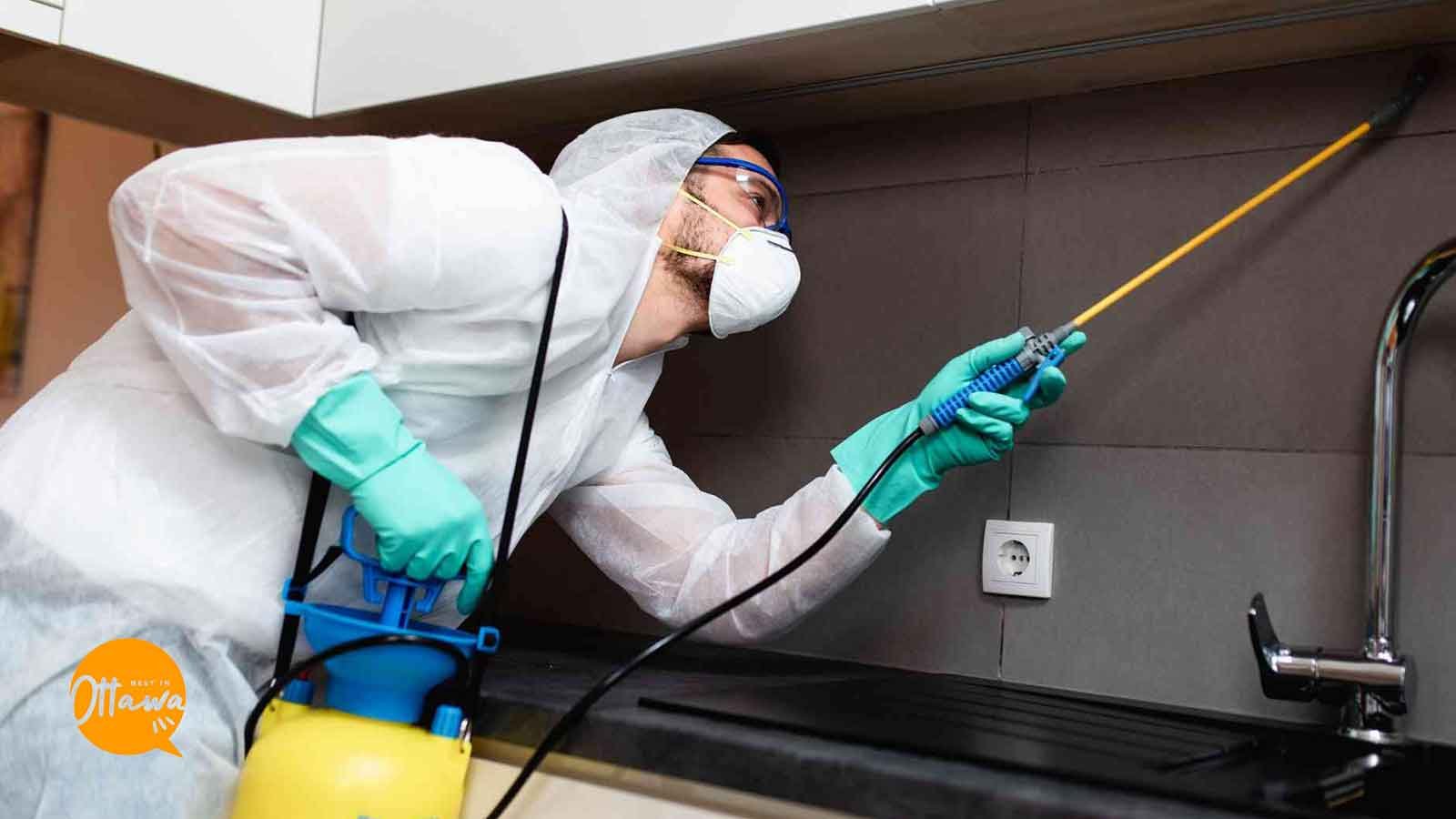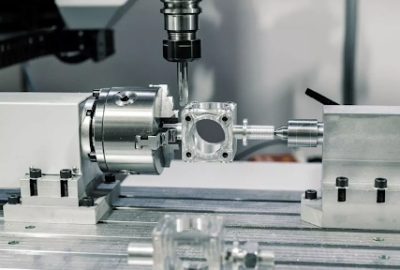Mastering Pest Control: A Guide to Ant Pest Control Services and Commercial Pest Control
Pests are unwelcome guests in any setting, whether it’s your home or workplace. Among the most common nuisances are ants, which can invade spaces in search of food and shelter.
However, with the right approach and professional assistance, controlling ant infestations and other pests can be manageable.
In this comprehensive guide, we delve into the world of ant pest control services and commercial pest control, offering insights and solutions for effective management.
Understanding Ant Pest Control Services
Ants are social insects that live in colonies and operate with a high level of organization. When they invade a space, they leave behind pheromone trails, attracting more ants and making eradication challenging for individuals.
Ant pest control services specialize in identifying ant species, locating nests, and implementing targeted treatments to eliminate infestations.
Identification and Assessment:
The first step in ant pest control is identifying the species causing the infestation. Different species may require different treatment methods. Professionals conduct a thorough assessment of the infested area to determine the extent of the problem and develop a customized eradication plan.
Treatment Methods:
Ant pest control services employ various treatment methods, including baits, sprays, and dusts. Baits containing slow-acting insecticides are often used to target the entire colony, as they are carried back to the nest and shared among the ants, effectively eliminating the colony over time. Sprays and dusts may be used for immediate control of visible ants and nests.
Preventive Measures:
In addition to eliminating existing infestations, ant pest control services may recommend preventive measures to reduce the risk of future invasions. This may include sealing entry points, maintaining cleanliness, and removing food sources that attract ants.
Commercial Pest Control: Protecting Businesses
Commercial establishments, such as restaurants, hotels, and office buildings, are susceptible to pest infestations due to the abundance of food, water, and shelter.
However, pests can pose significant risks to businesses, including damage to property, contamination of products, and harm to reputation. Commercial pest control services specialize in addressing the unique pest management needs of businesses.
Risk Assessment:
Commercial pest control begins with a comprehensive risk assessment of the premises. Professionals identify potential entry points, harborage areas, and conducive conditions for pest infestations. This allows them to develop a tailored pest management plan that addresses specific vulnerabilities.
Integrated Pest Management (IPM):
IPM is a holistic approach to pest control that emphasizes prevention, monitoring, and control measures. Commercial pest control services may incorporate IPM strategies, such as sanitation, exclusion, and habitat modification, to minimize the use of pesticides and mitigate pest problems effectively.
Regulatory Compliance:
Businesses operating in certain industries, such as food service and healthcare, are subject to strict regulations regarding pest control. Commercial pest control services ensure compliance with relevant regulations and standards, providing documentation and reporting as required.
Conclusion
Ant pest control services and commercial pest control play vital roles in managing pest infestations and safeguarding properties against potential threats.
By understanding the principles of pest control and enlisting the expertise of professionals, individuals and businesses can effectively address pest issues and maintain a pest-free environment.
Remember, early intervention and proactive measures are key to successful pest management.







